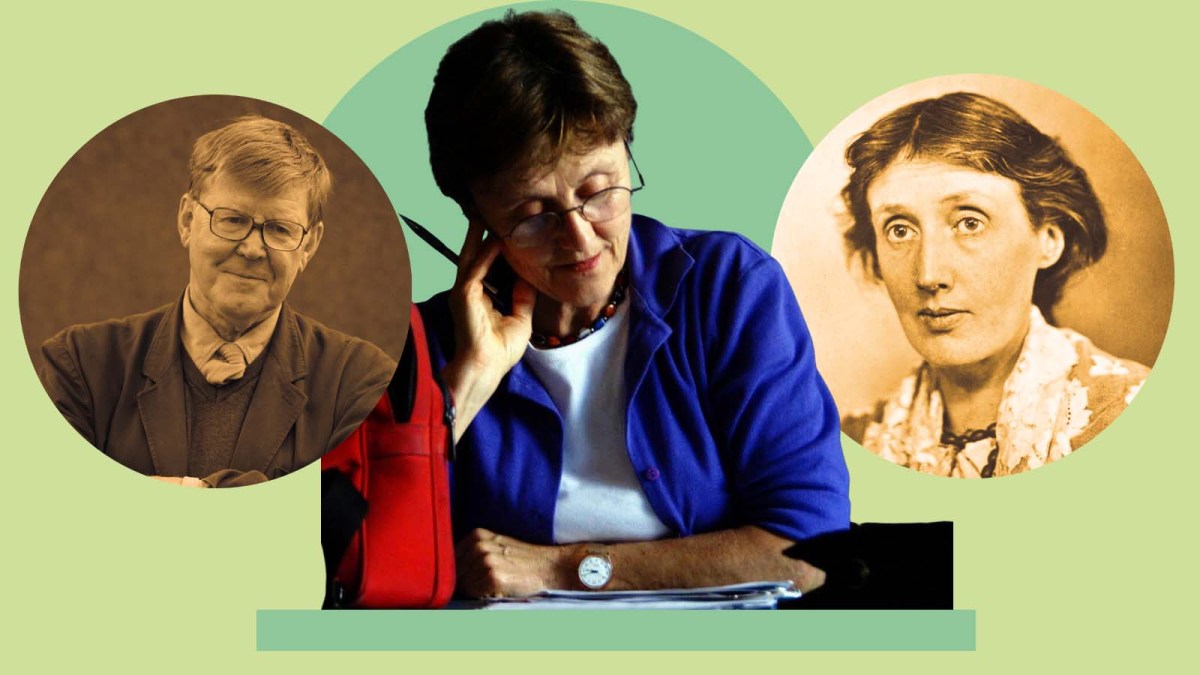Helen Garner’s diaries have garnered significant recognition by winning the prestigious Baillie Gifford Prize for 2023. This accolade not only highlights Garner’s literary prowess but also shines a light on the impact that writers’ diaries can have on literature. In the spirit of celebrating this achievement, we explore ten additional literary journals that reveal profound insights and captivating scandals.
Exploring the Richness of Literary Diaries
Writers’ diaries serve as a unique window into the minds of some of the most influential figures in literature. They offer candid reflections on personal experiences, creative processes, and the socio-political landscapes of their times. The following selections include esteemed authors such as Virginia Woolf and Alan Bennett, whose diaries are not only poignant but also provide a rich tapestry of cultural commentary.
Virginia Woolf, known for her modernist novels, kept a diary that spans more than three decades. Her entries reveal her struggles with mental health and her innovative thoughts on gender and society. Woolf’s meticulous observations and lyrical prose create a profound connection with readers, allowing them to witness her evolution as a writer.
Alan Bennett, a contemporary playwright and author, is celebrated for his sharp wit and keen observations of the human condition. His diaries are filled with anecdotes and reflections on public figures, offering a blend of humor and critical insight. Bennett’s candid style invites readers to engage with his world, making his journals a compelling read.
Other Notable Diaries of Insight and Scandal
Among the other impactful writers’ diaries are those of Frida Kahlo, which provide an intimate look at her life and art. Kahlo’s passionate entries reveal her struggles with health, identity, and relationships, making her diary a crucial part of understanding her work and legacy.
James Baldwin, an essential voice in American literature, kept a diary that reflects his experiences as a Black man in the United States during the civil rights movement. His writings articulate the challenges and triumphs he faced, providing historical context that resonates with contemporary issues.
The diaries of Anaïs Nin are another example of literary brilliance. Nin’s exploration of sexuality, art, and personal relationships in her journals has captivated readers for decades. Her ability to articulate complex emotions helps create a profound connection with her audience.
Additionally, the diaries of Henry Miller offer a raw and unfiltered look at life in the 20th century. Miller’s candid style and frank discussions of his own experiences challenge societal norms and push boundaries, making his work both controversial and essential.
David Sedaris, a modern humorist, uses his diaries to reflect on everyday life with a unique blend of humor and introspection. His observations about family, culture, and the absurdities of life resonate widely, making his journals accessible and engaging for a broad audience.
The rich tradition of literary diaries continues to inspire new generations of writers. As Helen Garner’s recognition illustrates, these personal writings offer invaluable insights into the creative process and the human experience. By delving into the diaries of these influential authors, readers can discover the layers of thought and emotion that shape the world of literature.
In celebrating the art of diary writing, it becomes clear that these journals are not merely collections of thoughts but powerful narratives that challenge, inspire, and resonate across time and cultures. The legacy of writers’ diaries endures, reminding us of the significance of personal expression in literature.







